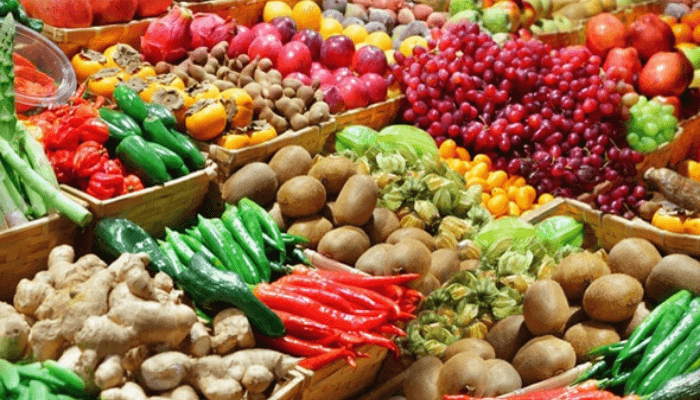Nigeria’s quest for food security is facing a major setback as escalating insecurity and the adverse effects of climate change continue to hamper agricultural productivity, pushing the country dangerously close to a full-blown food emergency. Recent assessments by local and international agencies indicate that over 30.6 million Nigerians are currently battling acute food insecurity, with projections showing that the situation could worsen if urgent interventions are not deployed.
Across many states in the North-East, North-West, and parts of the Middle Belt, persistent attacks by armed groups, bandits, and insurgents have driven thousands of farmers off their lands, disrupted farming activities, and severely limited access to rural markets. Communities in Borno, Zamfara, Katsina, Benue, and Niger states remain among the hardest hit, with vast farmlands abandoned due to fear of violence or outright displacement.
In addition to insecurity, the impacts of climate change, marked by erratic rainfall, prolonged droughts, and flooding, have compounded the food production crisis. Farmers in key agricultural belts are reporting losses in harvests due to poor weather conditions, with staple crops such as maize, rice, and millet recording below-average yields in recent planting seasons. In the southern and central regions, flash floods have also destroyed crops and displaced farming communities, further deepening food supply challenges.
According to data from the United Nations Food and Agriculture Organization (FAO) and Nigeria’s National Bureau of Statistics (NBS), food inflation remains one of the most severe pressures on household incomes. As at June 2025, food inflation had risen above 35%, with prices of essential items like rice, beans, and garri tripling in some urban markets. These rising costs have left millions unable to afford nutritious meals, particularly in vulnerable households led by women and children.
Stakeholders in the agricultural sector are calling on the Federal Government to treat the food crisis as a national emergency. Civil society organisations, policy experts, and farmers’ associations are urging authorities to intensify investments in climate-resilient agriculture, boost rural security through community policing and military presence, and expand food intervention programmes in high-risk areas.
Meanwhile, the Federal Ministry of Agriculture and Food Security says it is working in collaboration with international development partners to provide support to farmers through access to improved seeds, fertilisers, and irrigation systems. However, experts argue that without addressing the root causes of displacement and environmental degradation, these efforts may fall short of reversing the downward trend in food availability.
As Nigeria battles this mounting crisis, there are growing fears that failure to act decisively could lead to a humanitarian disaster on a national scale, especially in conflict-prone regions. With over 200 million citizens to feed and an economy already strained by inflation and unemployment, Nigeria’s path to achieving sustainable food security is now more urgent and complex than ever.







